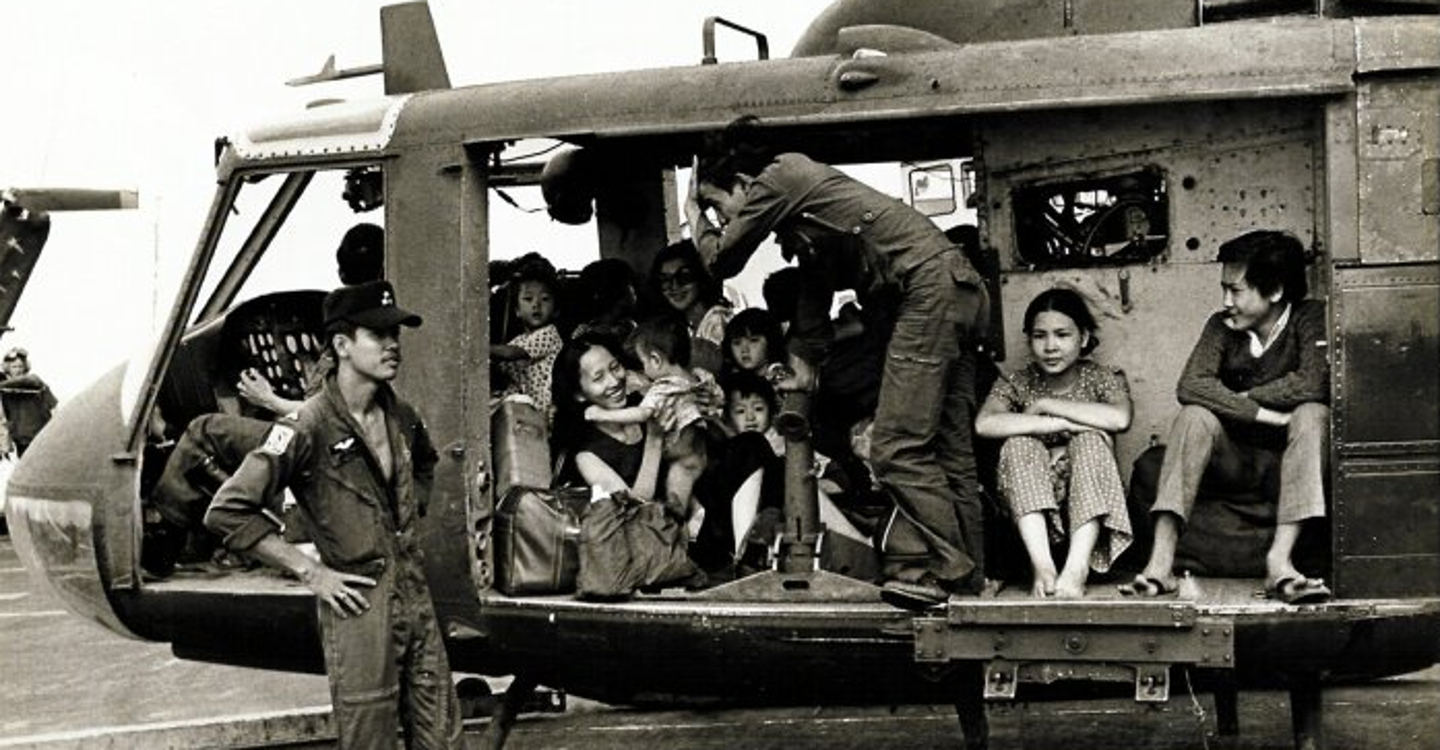What are the costs for the U.S. of losing the war? And it’s a sort of uncomfortable conversation in some ways because the answer may be not all that much.
A BETTER PEACE returns with our three scholars of the American War in Vietnam and Editor-In-Chief Jacqueline Whitt to examine the Tet Offensive and its significance in the Vietnam War in Episode 2. Bob Brigham, Hang Ngyuen and Greg Daddis continue the discussion about what we know, and more importantly, what we don’t know about the period from 1968-1973 and how it affected U.S. and Vietnamese policy, strategy and tactics.
Podcast: Download
Robert K. Brigham is the Shirley Ecker Boskey Professor of History and International Relations at Vassar College, USA. He is the author of numerous publications on American foreign relations. Gregory Daddis is a retired Colonel in the U.S. Army and a Professor for the History Department in the Chapman University. Lien-Hang T. Nguyen is the Dorothy Borg Associate Professor in the History of the United States and East Asia. She specializes in the Vietnam War, U.S.-Southeast Asian relations, and the global Cold War. Jacqueline E. Whitt is Professor of Strategy at the U.S. Army War College and the Editor-in-Chief of WAR ROOM. The views expressed in this presentation are those of the speakers and do not necessarily reflect those of the U.S. Army War College, U.S. Army, or Department of Defense.
Photo Description: A VNAF UH-1H Huey loaded with Vietnamese evacuees on the deck of the U.S. aircraft carrier USS Midway (CV-41) during Operation Frequent Wind, 29 April 1975
Photo Credit: U.S. Navy Photo

